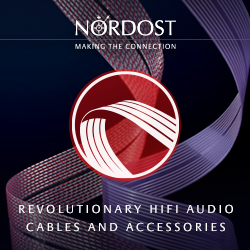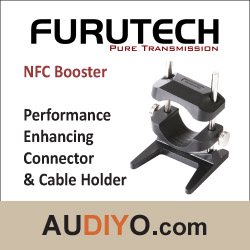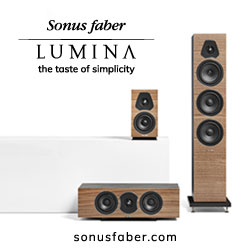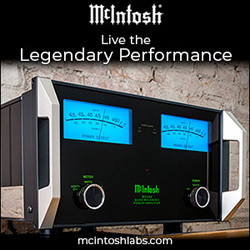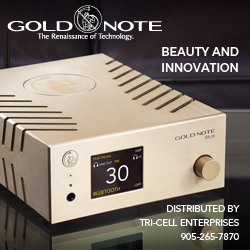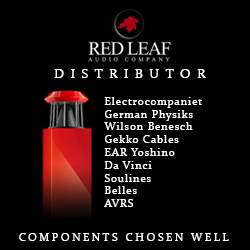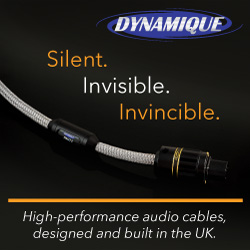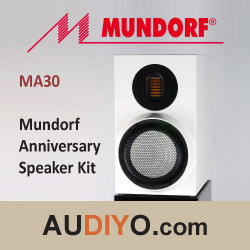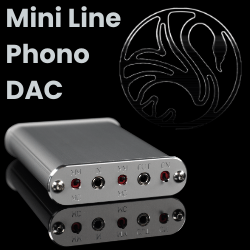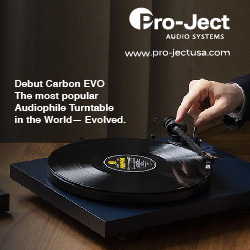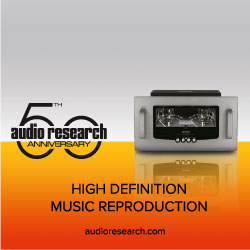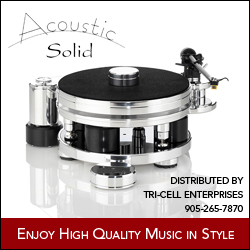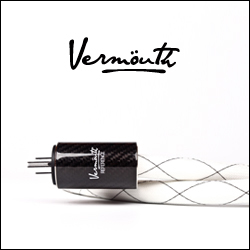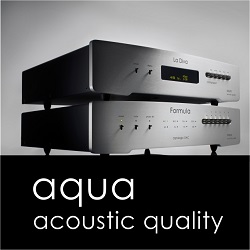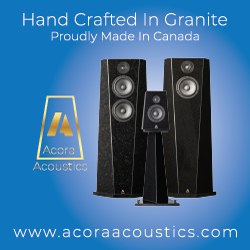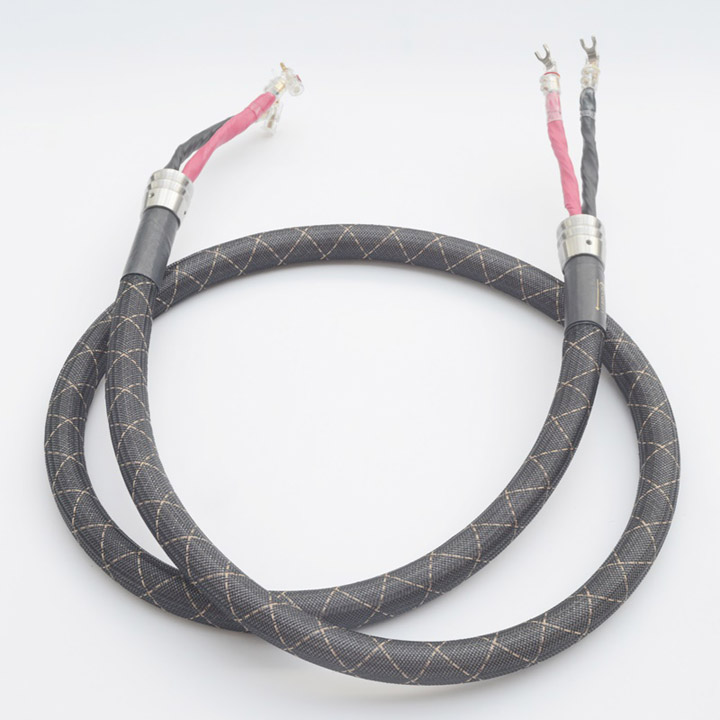
Ultra high-end speaker cable reviews tend to be a somewhat pointless exercise in splitting hairs. At $20,000 US, cable ‘A’ has slightly better PRaT and marginally better heft in the bass registers than cord ‘B’. Wire ‘C’ has a tad more mid-range bloom and slightly faster transient speed than cable ‘D’. Sinking into such hair-splitting nonsense over obscenely expensive wires doesn’t interest me.
What does get my adrenaline flowing is when I hear cables that offer reference calibre sound at affordable, real-world prices. Toronto cable maker Audio Sensibility recently released their new $2K CAD level flagship Signature speaker cables at the 2018 Montreal Audio Fest.
In 2014, I reviewed four of Audio Sensibility’s A/C power cords. www.novo.press/audio-sensibility-four-ac-power-cords-reviews . Back then, I’d concluded:
“Their direct sales business model means that there’s no middle-man doubling the price; and no retailer doubling (or even tripling) the price again. By eliminating these elements from the retail distribution chain, the prices of Steven Huang’s cables are at least 1/3rd to 1/4th of what they would be in boutique retail audio stores. Hence why AS’ power cords deliver so much sound for, relatively speaking, so little money.”
Four years later, nothing’s changed. Audiophile cable manufacturers using traditional retail distribution networks are still charging large amounts of money for their flagship speaker cables.
Product Description:
Steven Huang originally wanted to use Ohno Continuous Cast (OCC) single-crystal Silver (Ag) for the Signature’s conductors. The problem is, OCC Silver is an expensive metal and speaker cables need significant wire gauge to achieve body and fullness to their sound. Steven concluded that using rectangular OCC Copper (Cu) with a larger surface area per specific gauge was the only way to overcome the herniating cost constraints of using OCC Silver conductors.
To achieve an “airy” sound in cables, Steven believes that the key lies within the conductors’ geometry and insulation. Audio Sensibility Signature speaker cables use twisted rectangular conductors with specific twist-ratio distances that are housed inside of hollow Teflon air-tubes as dielectric insulators. This construction allows the Signature to achieve a “near perfect” air dielectric where the conductors barely touch the dielectric material. Danish cable maker Zensati does this too. A pair of Zensati’s cheapest speaker cables, however, cost $50,000 US. What’s that you say… you can’t afford $50,000 for a single pair of SCs? Neither can I.
Audio Sensibility’s Signature speaker cables blend three different gauge OCC Copper conductors in a 1/3rd equal ratio. There are four x 20 gauge conductors, four x 22 gauge conductors, and four x 24 gauge conductors. This equals 12 twisted conductors for each positive (+) and each negative (-) speaker wire. In total, each cord has 24 conductors. The Signature cables can be ordered in various lengths and terminated with either WBT’s Next-Gen spades or locking banana plugs. All cables come with a 30-day money back guarantee.
My review pair of Signature SCs was 1.25” in diameter and rather stiff. The 24 Teflon air tubes used as dielectrics give the cords a boa-constrictor diameter girth. These hollow air tubes do, however, make the Signature surprisingly light. So… how does the Signature speaker cable sound?
General Sonic Impressions:
Minutes after I’d replaced Audio Sensibility’s $500 CAD level Testament speaker cables with the new flagship Signature model, I heard a jaw-dropping improvement in sound quality. The refinements in clarity, timbral accuracy, PRaT, and the realism of the music were all astonishing. My speakers sounded like a 3” thick veil of shag carpeting had been lifted off of the drivers.
Soundstage height, width, and depth were all noticeably enlarged. Vocals I’d never previously understood from artists as varied as Leonard Cohen, Lords of Acid, and Joni Mitchell were dramatically clearer and easier to comprehend. The explosive fury heard in raging tracks by Motorhead, Sepultura, and Slayer cut through my listening room like a 10” radial saw splintering through a wet 2 by 4.
High frequency instruments sounded organic and natural. Cymbals were neither etched nor softened, but had lifelike speed, shimmer, and detail. Mid-range vocals—both male and female—were reproduced with a goosebump inducing realism and timbral accuracy. Voices had greater shape, texture, and harmonic richness. Layered sounds in the lower mid-range, upper bass, and mid-bass registers which I didn’t even know existed were suddenly right there. Notes within the mid-bass and low-bass registers were profoundly deep, full, and palpable without ever sounding bloated, boomy, or un-naturally emphasized.
I could use the old dangling audio chestnut of describing the Signature’s sonics as having “more there… THERE”, but I don’t think this description does these speaker cables justice. The Signature consistently created a warm, natural, and inviting sound to all genres of music. Everything sounded better. Bottom line, these SCs will make you want to listen to more music.
One question remained: could the $2,000 CAD level Signature sonically compete with low 5-figure speaker cables?

